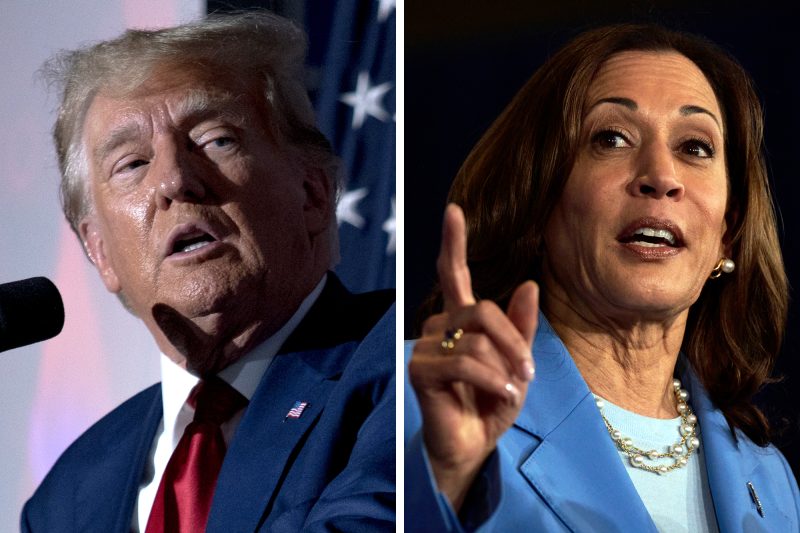In recent news, Senator Kamala Harris and President Donald Trump have traded barbs over their respective plans for social security and Medicare. Both politicians have made bold claims about protecting and improving these vital programs, but their proposed actions and policies have been subject to scrutiny.
Senator Harris, a Democratic candidate for Vice President, has made promises to strengthen and expand social security and Medicare benefits. She has advocated for increasing benefits for low-income and middle-class seniors, as well as improving access to healthcare services for all Americans. Additionally, Harris has voiced support for increasing taxes on high-income earners to shore up funding for these programs and ensure their long-term sustainability.
In contrast, President Trump has taken a different approach, arguing for a more conservative stance on social security and Medicare. Trump has proposed cutting spending on these programs by reducing benefits for higher-income individuals and implementing measures to control costs. He has also suggested raising the retirement age to lessen the financial burden on the government.
The clash between Harris and Trump’s positions on social security and Medicare reflects deeper disagreements about the role of government in providing safety nets for its citizens. While Harris advocates for a more robust social safety net and greater government intervention, Trump promotes a more limited role for the government in social welfare programs.
Critics of Harris argue that her proposals to increase benefits and raise taxes could place a significant strain on the economy and fail to address the underlying issues of inefficiency and waste in these programs. On the other hand, Trump’s critics point out that his cost-cutting measures could result in hardship for vulnerable populations and undermine the social contract that guarantees a dignified retirement for seniors.
As the debate over social security and Medicare continues to unfold, it is crucial for voters to critically examine the competing claims and proposals put forward by Harris and Trump. The future of these essential programs will have profound implications for millions of Americans, and it is imperative that policymakers strike a balance between fiscal responsibility and social equity in safeguarding the well-being of the elderly and most vulnerable members of society.


























